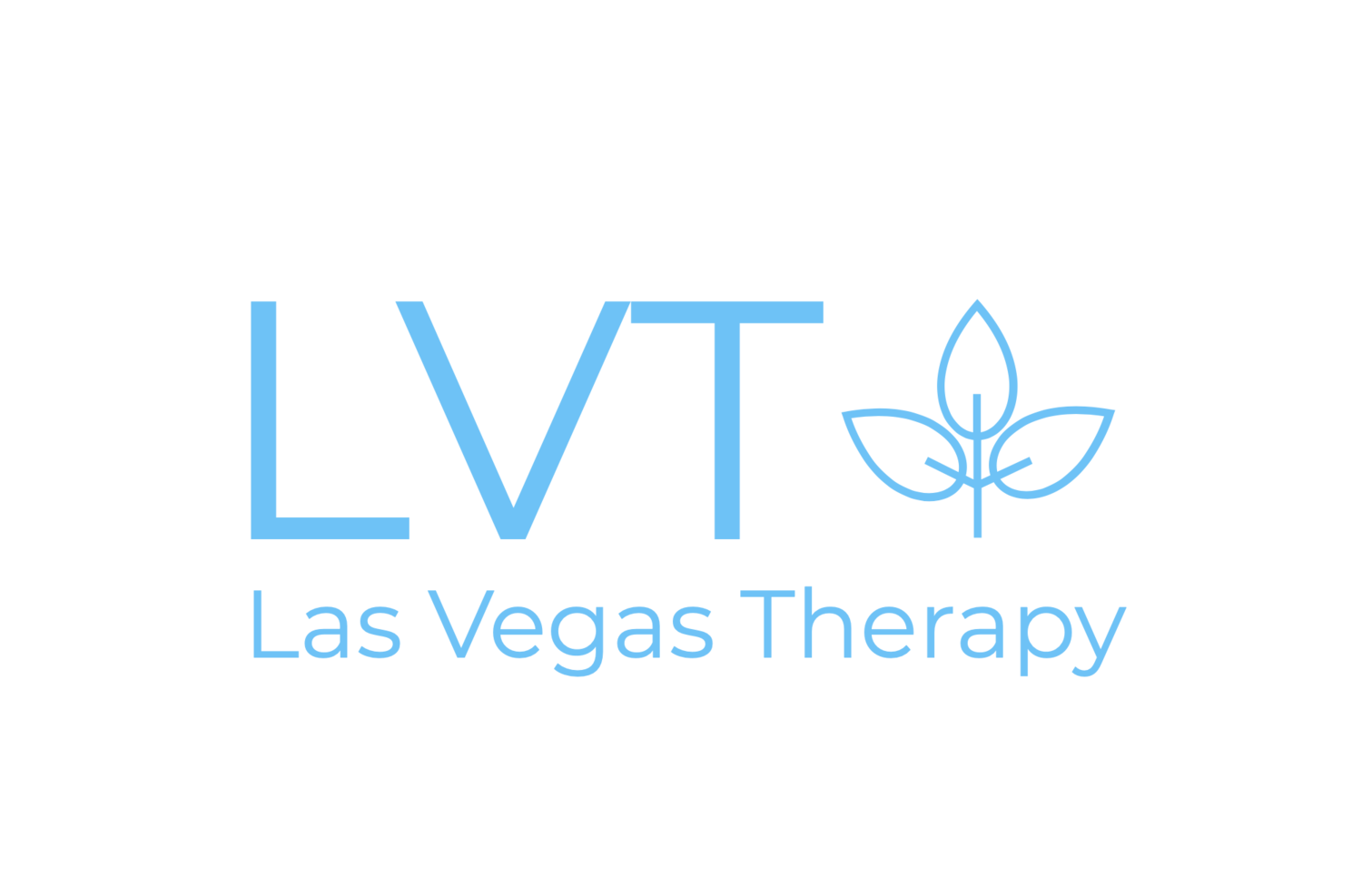Depression is not confined to an emotional state; it permeates every facet of daily life, affecting work, relationships, and self-care. In this exploration, we delve into the profound impact of depression on daily functioning and offer insights into affordable therapeutic solutions. Understanding the interplay between depression and daily life is crucial for seeking accessible and effective mental health support.
Recognizing the Impact of Depression on Daily Functioning
Work and Productivity: Depression can sap energy, motivation, and concentration, significantly impacting professional life. Projects may feel overwhelming, and even routine tasks become Herculean challenges.
Relationships and Social Life: Depression often strains connections with others. Social activities may lose appeal, and maintaining relationships becomes emotionally draining. Isolation intensifies, exacerbating the sense of loneliness.
Self-Care and Daily Activities: Basic self-care activities, such as getting out of bed, showering, or preparing meals, may become arduous. Depression can make even the simplest tasks feel insurmountable, affecting overall well-being.
Affordable Therapeutic Solutions for Daily Life Challenges
Community Mental Health Services: Local mental health services often provide affordable therapy options. These services may include individual or group therapy, counseling, and support groups tailored to address the specific challenges individuals face in their daily lives.
Online Therapy Platforms: Affordable virtual therapy platforms connect individuals with licensed therapists through online sessions. These platforms offer a flexible and accessible way to receive therapy, accommodating those dealing with the day-to-day challenges of depression.
Support Groups and Nonprofit Organizations: Many nonprofit organizations offer affordable support groups for individuals dealing with depression. Joining these groups can create a sense of community and provide valuable insights into managing the impact of depression on daily life.
Building a Path to Recovery in Daily Life
Therapeutic Approaches for Daily Challenges: Affordable therapy often includes evidence-based approaches such as Cognitive-Behavioral Therapy (CBT) and Mindfulness-Based Cognitive Therapy (MBCT). These therapeutic methods provide practical tools to manage daily challenges associated with depression.
Medication Management: For some individuals, affordable medication management options may be available. Collaborating with a psychiatrist can help determine if medication is a suitable component of the treatment plan, addressing the biological aspects of depression impacting daily life.
Lifestyle Changes: Affordable therapy can guide individuals in making practical lifestyle changes that support mental health, including regular exercise, balanced nutrition, and establishing daily routines that promote a sense of structure.
Cultivating Hope and Resilience in Daily Life
Setting Realistic Goals: Affordable therapy often focuses on setting and achieving realistic goals. Breaking down larger tasks into smaller, manageable steps can foster a sense of accomplishment and progress.
Building a Support System: Engaging in affordable therapy provides individuals with a supportive space. Additionally, cultivating connections with friends, family, or support groups contributes to a robust support system, which is crucial in navigating daily life with depression.
Exploring Affordable Coping Strategies: Affordable therapy equips individuals with practical coping strategies tailored to their daily challenges. These strategies may include mindfulness techniques, stress management tools, and self-compassion exercises.
Embracing Affordable Solutions for Daily Well-Being
Understanding the impact of depression on daily life is pivotal in seeking effective and affordable therapeutic solutions. By exploring community mental health services, online therapy platforms, support groups, and evidence-based therapeutic approaches, individuals can embark on a path to recovery while prioritizing their financial well-being.
Remember, at Las Vegas Therapy, we recognize the daily challenges that depression can pose, and we are committed to providing affordable mental health support. Visit www.lvtmentalhealth.com to explore our services and take the first step towards building a life that aligns with your well-being, even in the face of depression's challenges.

